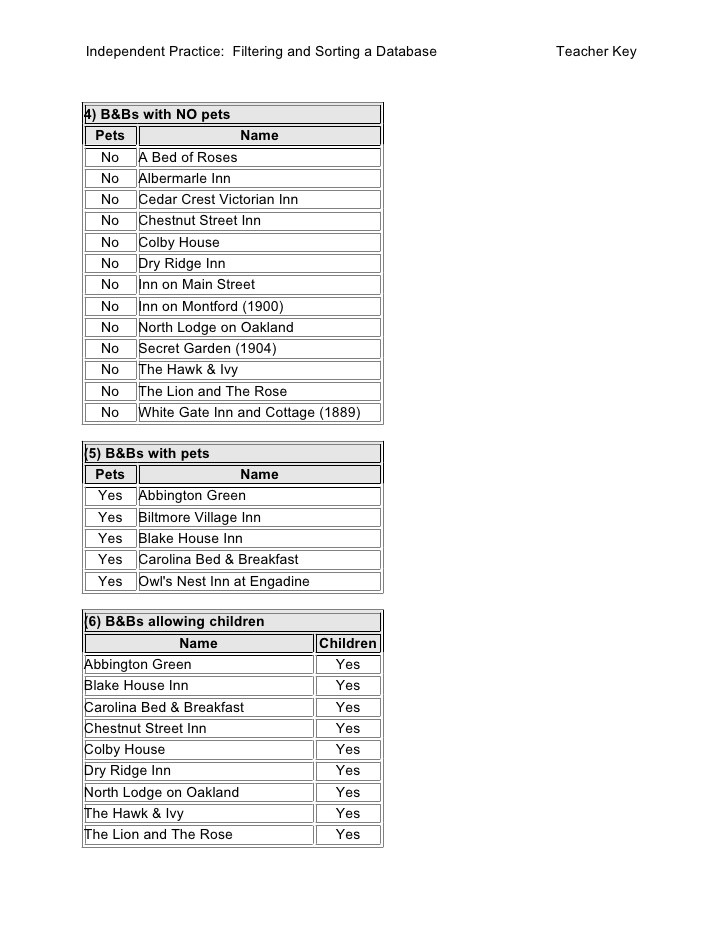Chestnut Cedar Stock Report
Post on: 7 Июнь, 2015 No Comment

Treasury Securities
Introduction to Treasury Direct
Every income-oriented investor should be knowledgeable of Treasury Direct, which is electronic direct investing with the government. They have a whole menu of products, ranging from series EE and I bonds to treasury bills, notes, bonds, and tips. Rates, terms, conditions, and fees are all disclosed. It gives you the flexibility of managing your own savings portfolio, knowing that your money is secure and backed by the full faith and credit of the U.S. government.
U.S. Treasury Securities
U.S. treasury securities are debt obligations of the U.S. government, and are backed by the full faith and credit of the United States. The treasury department offers a full range of investment and savings products, ranging from bills, notes, bonds and tips. The securities can be purchased directly through Treasury Direct or through brokers. They are ideally suite for civic-minded investors looking for extremely secure and liquid investments. The rates are competitive but low, and there is an active secondary market. Treasury securities are exempt from state and local taxes, providing investors with a small yield enhancement.
Interest on U.S. treasury securities is subject to federal income taxes.
There’s a difference between savings bonds and treasury bonds: treasury bonds are marketable; savings bonds are not. Saving bonds are not transferable. Institutional investors and professional money managers deal with treasury bonds.

Treasury securities are rated triple A by Moody’s and Standard & Poor’s and are consider a risk-free investment. There is, however, an interest rate risk inherent in these securities. The price of treasury securities fluctuates inversely with interest rates. If interest rates increase, the price of these securities will decline in the secondary market. If one needs to sell prior to maturity, and if interest rates have increased, the current FMV can be less than the original purchase price, resulting in a loss of principal. Additionally, some treasury bonds issued before 1985 have call provisions.
Since 1986, all investment securities issued by the treasury are electronic book entries only. Paper securities are being phased out.
There is an advantage in using a broker to purchase treasury securities. Banks, brokers and other institutional investors use the “commercial book-entry system.” When using this system, treasury instruments can be pledged as collateral. The use of government securities as collateral is not available using Treasury Direct. Treasury zero coupon and STRIPS bonds may also be available through a broker.
Government securities are an excellent way of preserving one’s capital (and demonstrating patriotism) while receiving a competitive interest rate.














